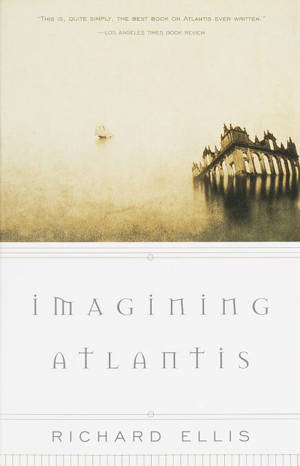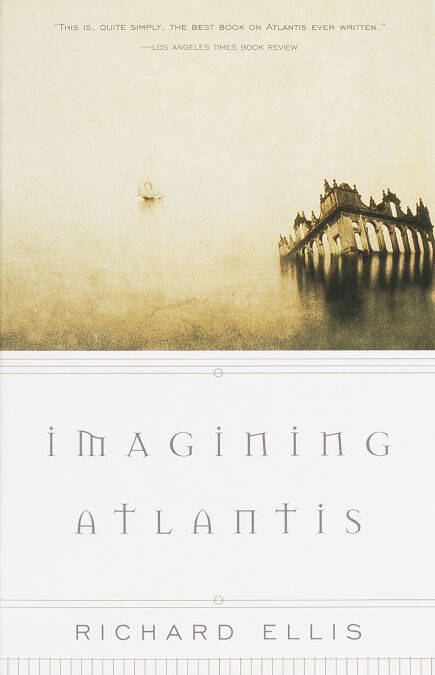
- Retrait en 2 heures
- Assortiment impressionnant
- Paiement sécurisé
- Toujours un magasin près de chez vous
- Retrait gratuit dans votre magasin Club
- 7.000.0000 titres dans notre catalogue
- Payer en toute sécurité
- Toujours un magasin près de chez vous
Description
Ever since Plato created the legend of the lost island of Atlantis, it has maintained a uniquely strong grip on the human imagination. For two and a half millennia, the story of the city and its catastrophic downfall has inspired people--from Francis Bacon to Jules Verne to Jacques Cousteau--to speculate on the island's origins, nature, and location, and sometimes even to search for its physical remains. It has endured as a part of the mythology of many different cultures, yet there is no indisputable evidence, let alone proof, that Atlantis ever existed. What, then, accounts for its seemingly inexhaustible appeal?
Richard Ellis plunges into this rich topic, investigating the roots of the legend and following its various manifestations into the present. He begins with the story's origins. Did it arise from a common prehistorical myth? Was it a historical remnant of a lost city of pre-Columbians or ancient Egyptians? Was Atlantis an extraterrestrial colony? Ellis sifts through the "scientific" evidence marshaled to "prove" these theories, and describes the mystical and spiritual significance that has accrued to them over the centuries. He goes on to explore the possibility that the fable of Atlantis was inspired by a conflation of the high culture of Minoan Crete with the destruction wrought on the Aegean world by the cataclysmic eruption, around 1500 b.c., of the volcanic island of Thera (or Santorini).
A fascinating historical and archaeological detective story, Imagining Atlantis is a valuable addition to the literature on this essential aspect of our mythohistory.
Richard Ellis plunges into this rich topic, investigating the roots of the legend and following its various manifestations into the present. He begins with the story's origins. Did it arise from a common prehistorical myth? Was it a historical remnant of a lost city of pre-Columbians or ancient Egyptians? Was Atlantis an extraterrestrial colony? Ellis sifts through the "scientific" evidence marshaled to "prove" these theories, and describes the mystical and spiritual significance that has accrued to them over the centuries. He goes on to explore the possibility that the fable of Atlantis was inspired by a conflation of the high culture of Minoan Crete with the destruction wrought on the Aegean world by the cataclysmic eruption, around 1500 b.c., of the volcanic island of Thera (or Santorini).
A fascinating historical and archaeological detective story, Imagining Atlantis is a valuable addition to the literature on this essential aspect of our mythohistory.
Spécifications
Parties prenantes
- Auteur(s) :
- Editeur:
Contenu
- Nombre de pages :
- 336
- Langue:
- Anglais
Caractéristiques
- EAN:
- 9780307426321
- Date de parution :
- 10-01-12
- Format:
- Ebook
- Protection digitale:
- Adobe DRM
- Format numérique:
- ePub

Seulement chez Librairie Club
+ 17 points sur votre carte client de Librairie Club
Les avis
Nous publions uniquement les avis qui respectent les conditions requises. Consultez nos conditions pour les avis.






